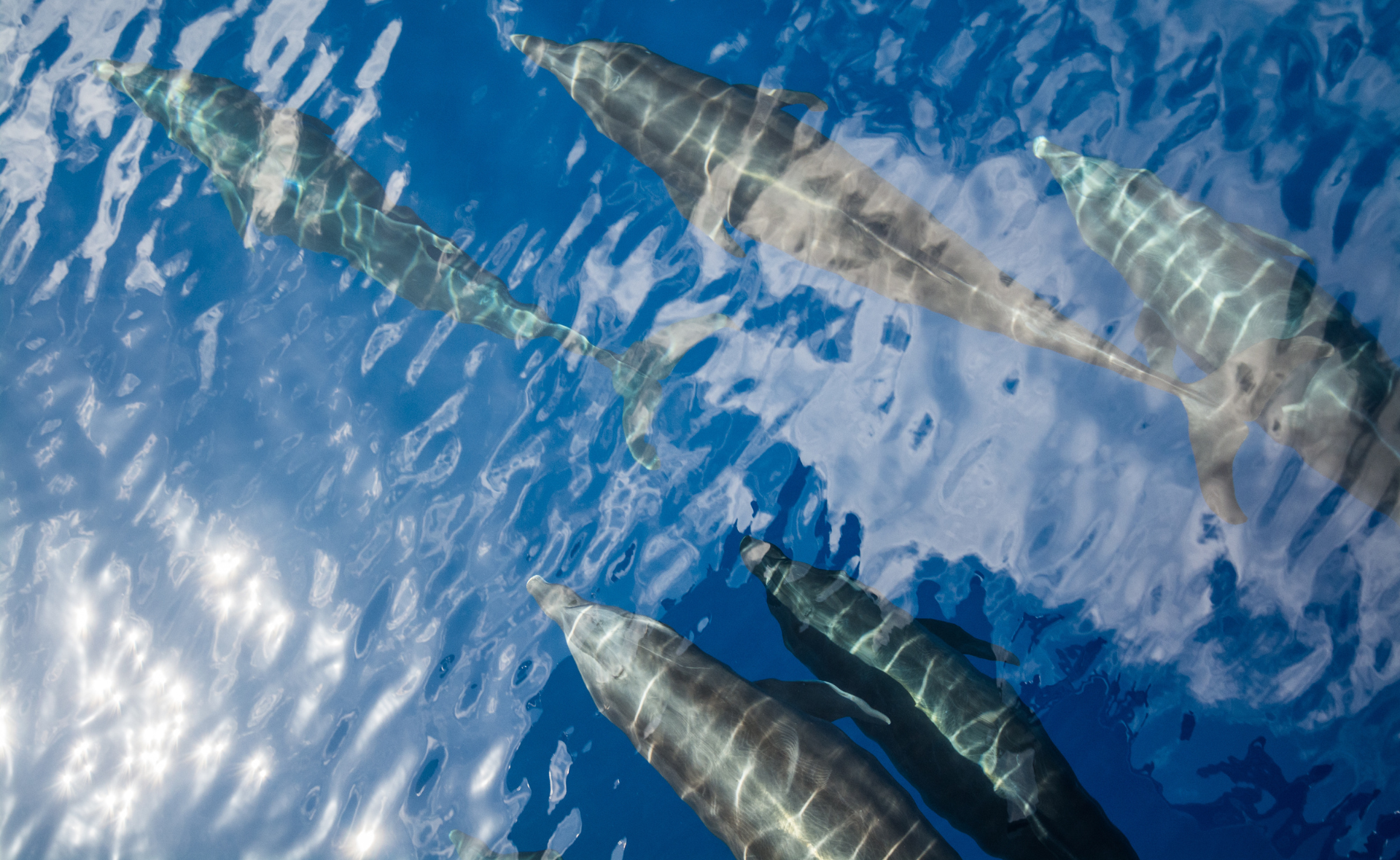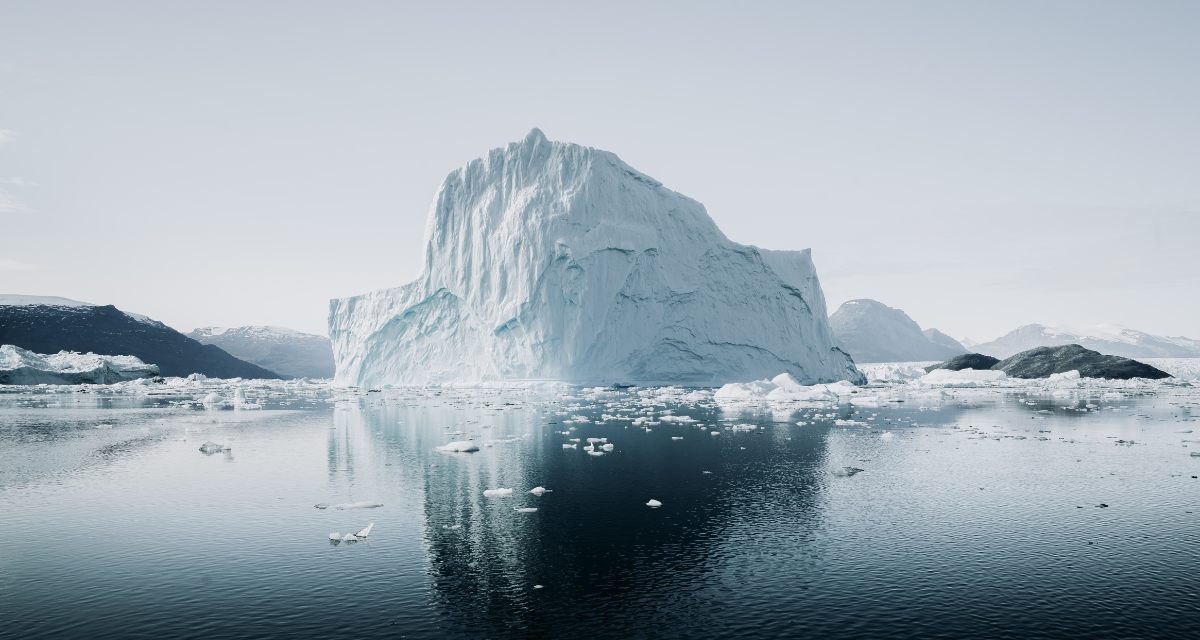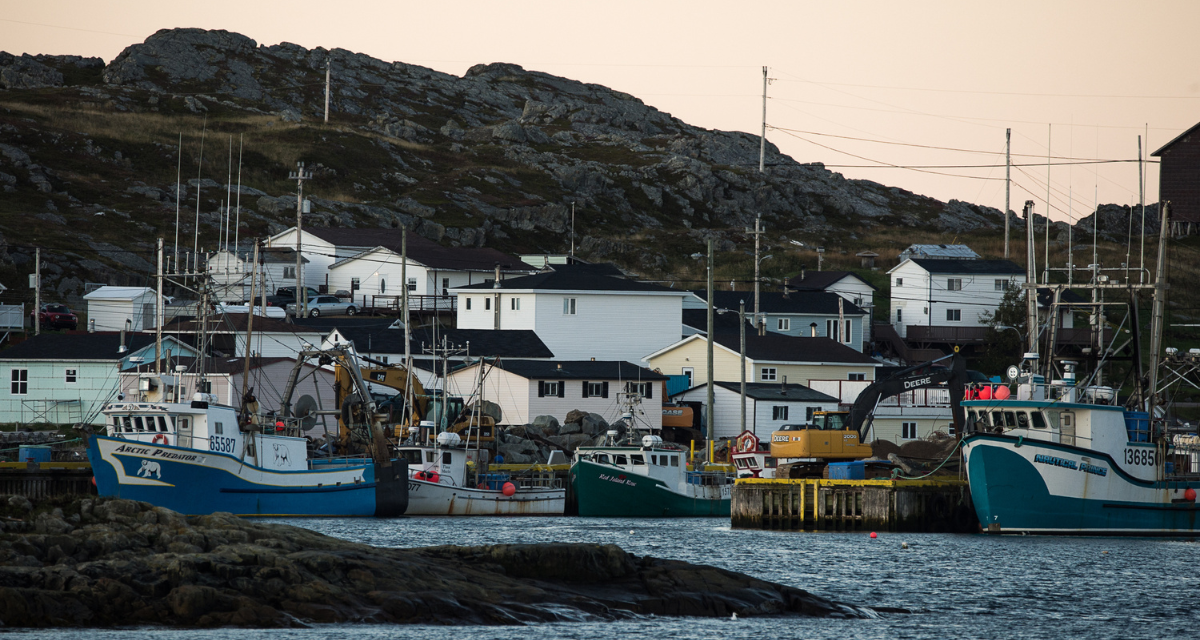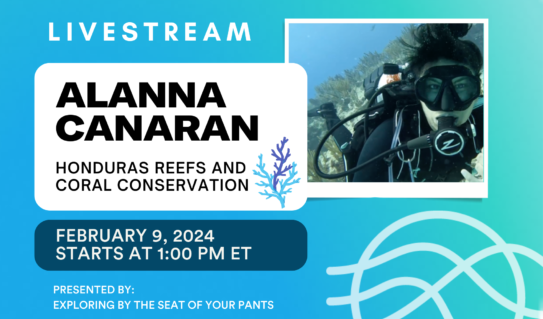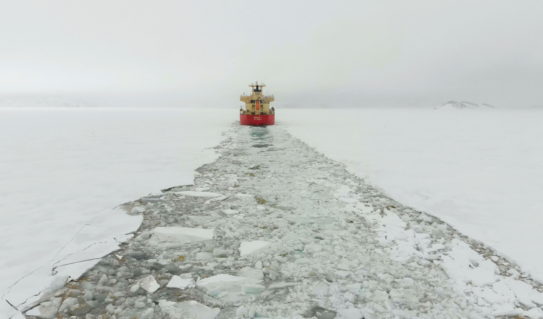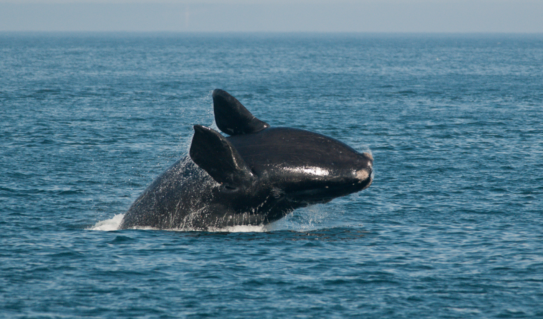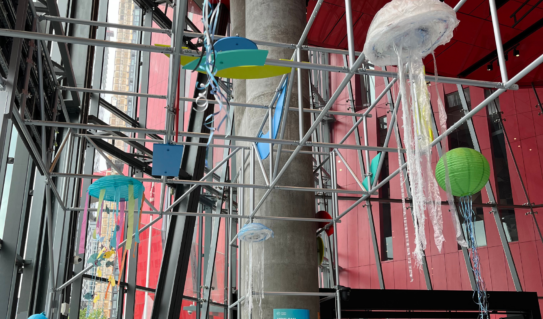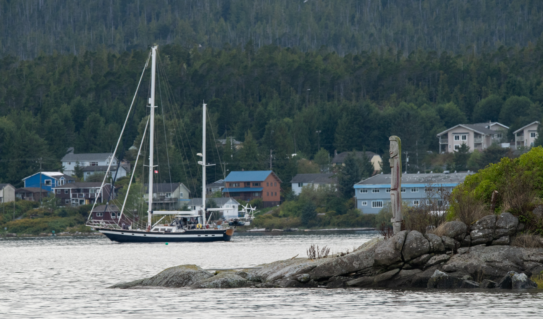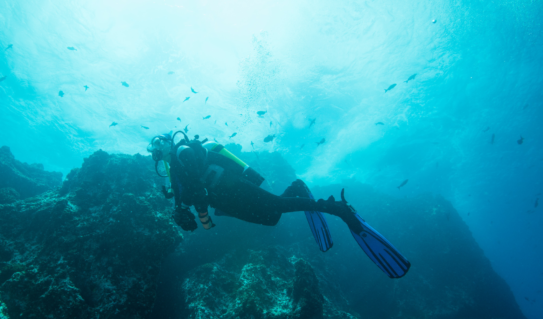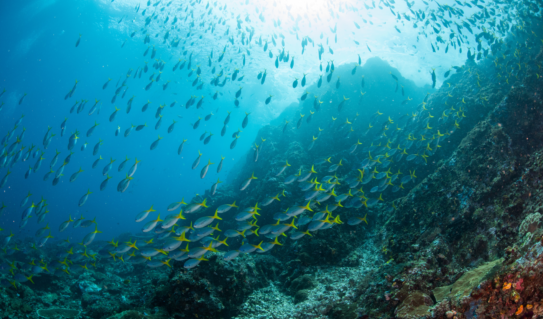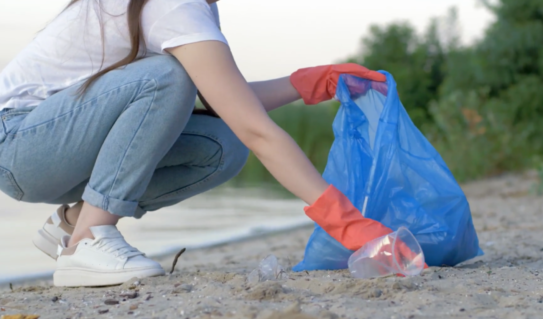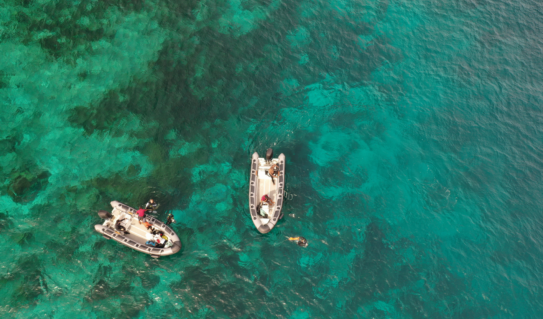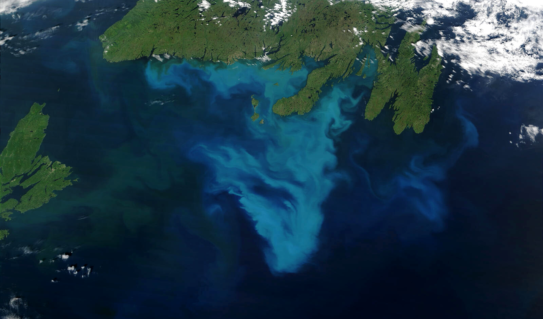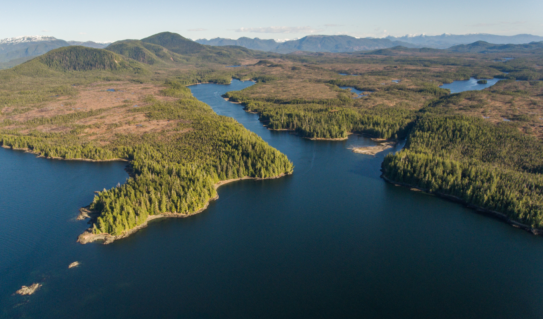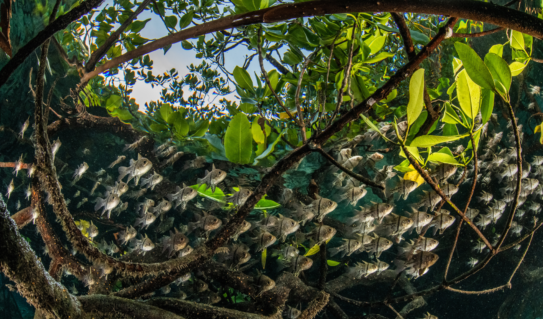Ocean literacy means knowing and understanding our connection to the ocean. For some, the connection is daily and visceral. For others it may be only an afterthought. What is key, is to know that ocean literacy is important to everyone on the planet: every individual's actions affect the ocean, and in turn it affects us, no matter where we live.
Says Ocean School scientific director, Boris Worm: “Only when we fully appreciate the depth of our connection to the ocean can we take meaningful action in our personal life, and in our society, with respect to ocean health and sustainability”.
For people like the Inuit, a connection to the ocean is direct and immediate. Arctic communities have always depended on the sea and the food it provides, for survival and as a mode of transportation. The Arctic environment for the Inuit holds deep cultural and spiritual value.
Yet, and unknown to many, the Arctic Ocean has an impact on all of us, even if we live far away. For example, the annual cycle of Arctic sea-ice growth in the dark winter, and its melting in the summer’s continuous daylight profoundly affects the stability of weather patterns in North America and Europe.
